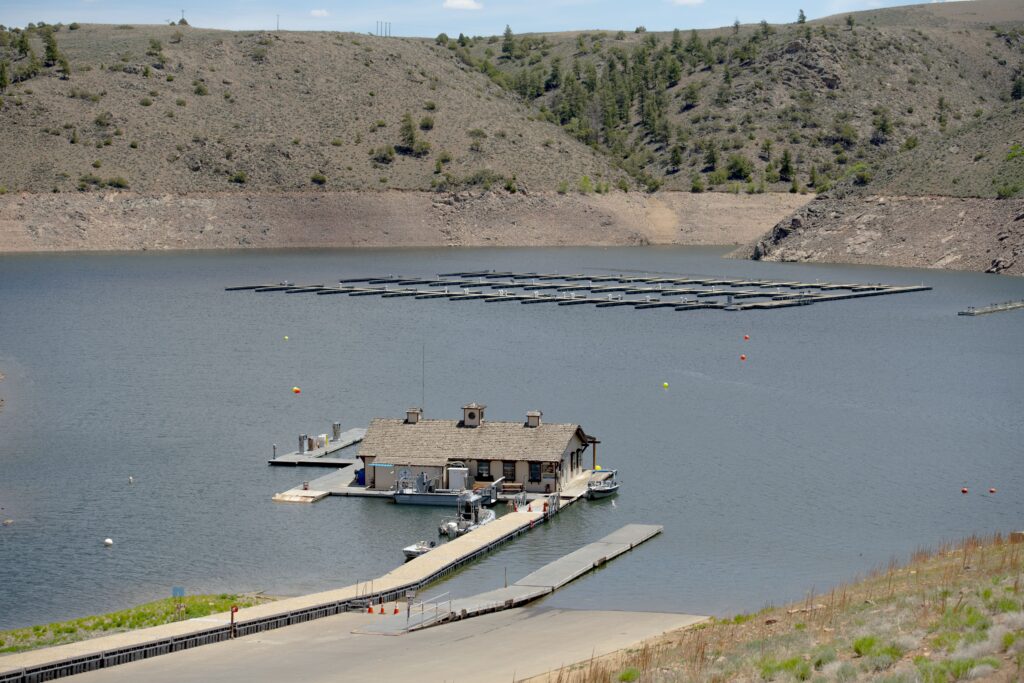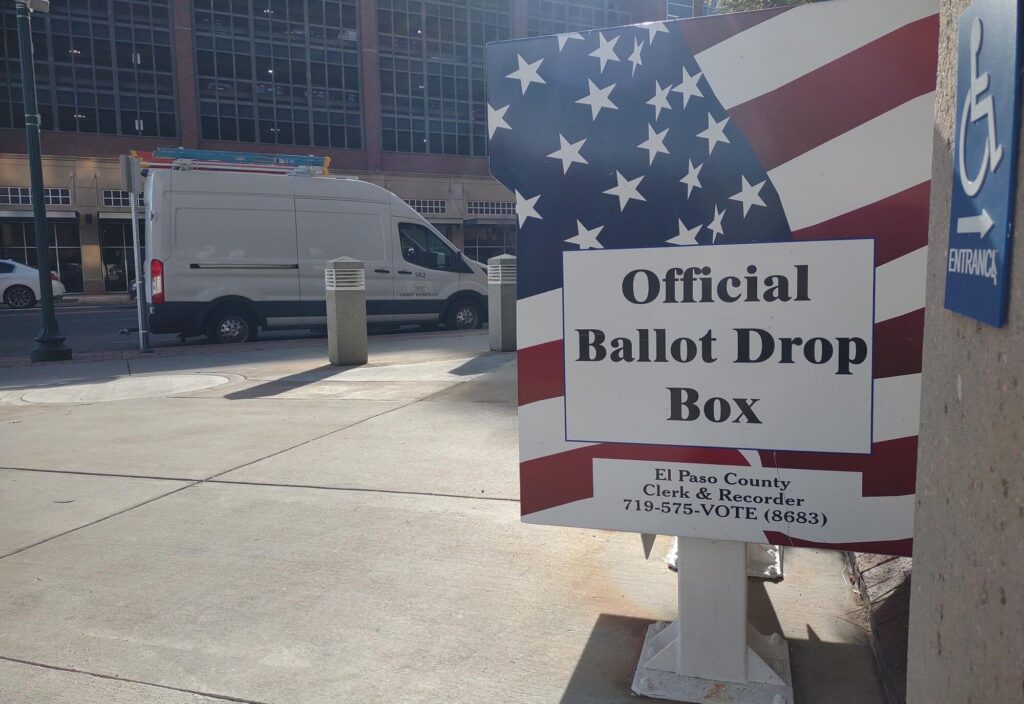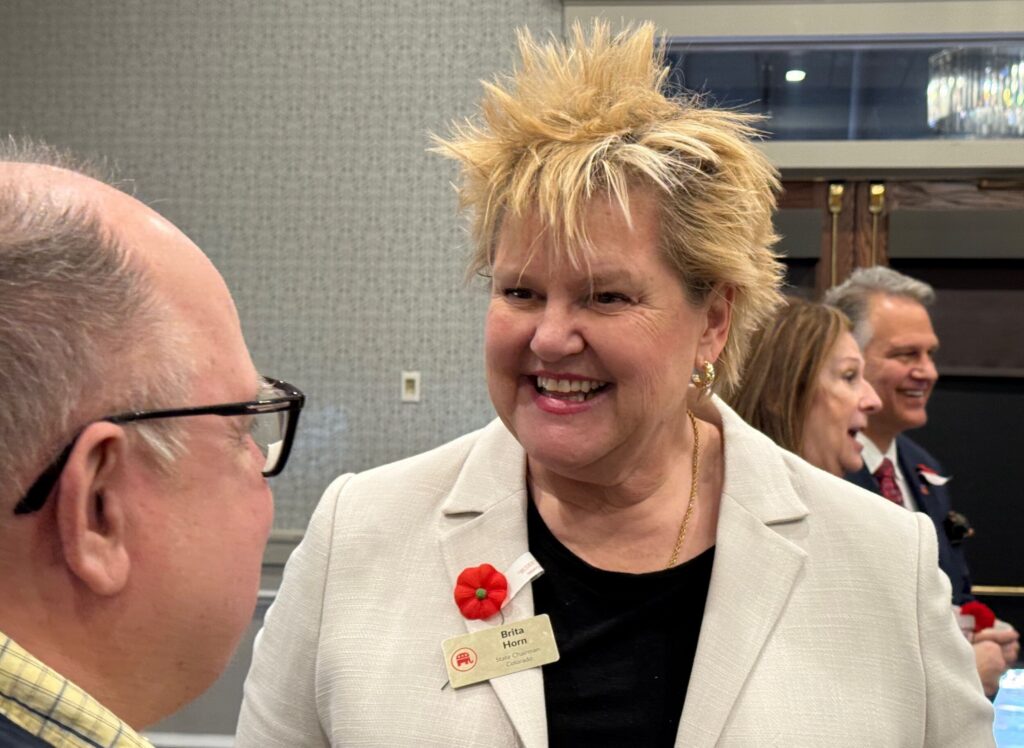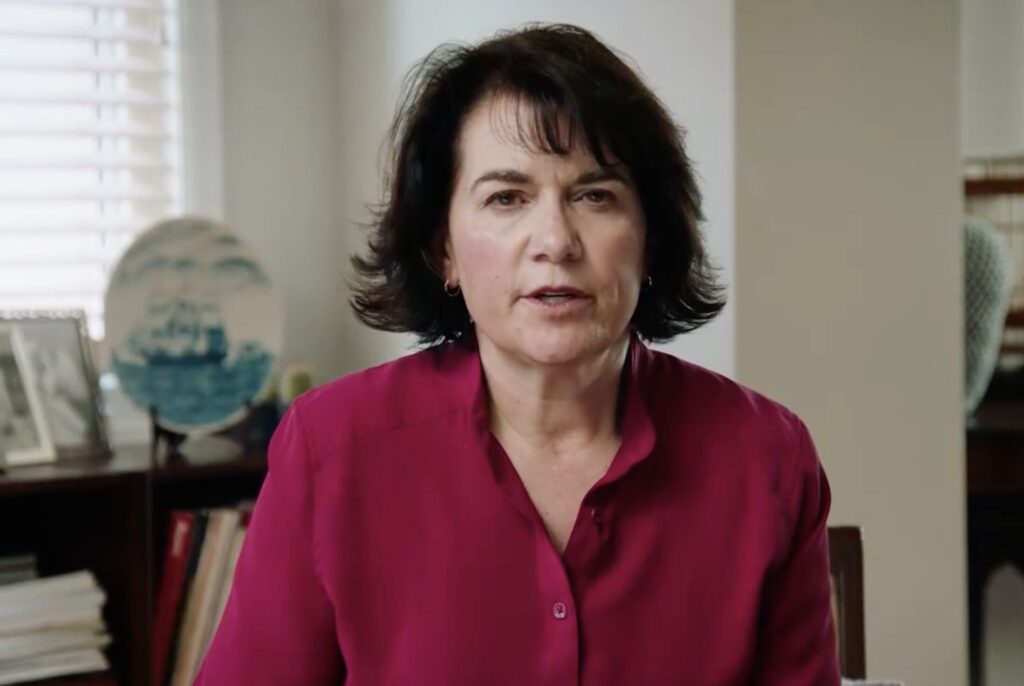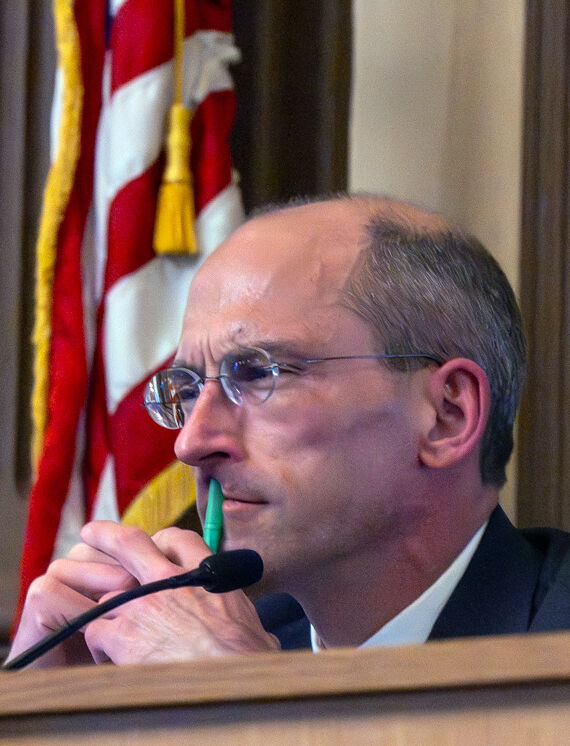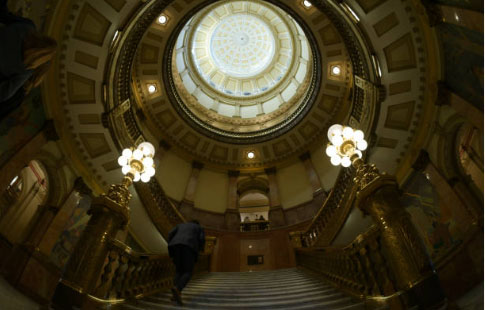Goldin-Dubois: Colorado well positioned to achieve EPA carbon limits
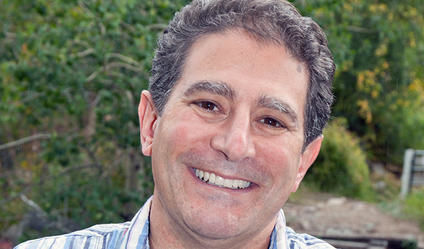
The Clean Power Plan issued by the U.S. Environmental Protection Agency on Aug. 2 represents the first-ever national limits on carbon pollution from power plants and is a critical step in addressing climate change.
Over the past five decades, Republican and Democratic administrations alike, have set limits on emissions of arsenic, mercury and sulfur and many other pollutants, and we have dramatically cleaned up the nation’s air. At the same time, our economy has thrived. But, until now, we have allowed power plants to release unlimited amounts of carbon pollution into our air. That pollution has led to longer fire seasons, drought and beetle infestations that have devastated our forests, and reduced winter snowpack that threatens our water supply and the agricultural and municipal communities that depend on it. By acting now to adopt reasonable limits on carbon pollution, we can build on Colorado’s clean energy future, reduce asthma attacks and hospitalizations that result from power-plant pollution and reduce our energy bills over the long term.
At Western Resource Advocates, we’ve analyzed how a few different western states can comply with the new Clean Power Plan. It’s clear to us that Colorado is well positioned to achieve these carbon limits because of the state’s efforts over the last decade to transition to clean energy. Indeed, our preliminary analyses suggest the state is already on track to meet almost 75 percent of the emissions reductions required in 2030 under the final Clean Power Plan. In Colorado, New Mexico, and Nevada, state regulators, elected officials, and major utilities have already taken a variety of proactive measures to get ahead of carbon pollution regulations. Those policies have led the states to adopt renewable energy, to invest in energy efficiency, and to transition away from the most carbon-intensive power plants. Colorado’s leadership has been a model for the country on how to reduce carbon pollution while expanding the economy.
For example, in 2004 Colorado voters adopted the state’s renewable energy standard, and those standards have been strengthened with bipartisan support over the past 10 years, meaning more and more energy comes from clean, renewable energy resources. In 2010, state legislators enacted the Clean Air-Clean Jobs Act, which set the state on a path to transition our most outdated carbon-polluting power plants to cleaner energy sources. And the state’s energy efficiency standards have been reducing pollution by helping customers save energy — and money — since 2007. But one state’s actions, when it comes to responsible steps to address climate, is not enough — every state and indeed every nation must act to tackle this problem. The Clean Power Plan recognizes that we are all in this together.
Importantly, the Clean Power Plan does not require states to adopt a one-size-fits-all approach to reducing carbon pollution. It allows states tremendous flexibility to adopt the most sensible, cost-effective measures for their unique circumstances.
In the coming months, Colorado utilities, regulators, and stakeholders will roll up their sleeves and begin the process of determining the best path forward for Colorado. Through that process, the Colorado Department of Public Health and Environment will work with these groups across the state to develop a fair and effective transition to a clean-energy future.
Colorado has a proud history of working together to tackle difficult issues. Setting sensible carbon pollution standards, as the Clean Power Plan does, is good for our families, our environment, and our economy. Thanks to our past history of working together to tackle air quality issues, Colorado is well positioned to meet our carbon reduction goals. We look forward to helping Colorado do just that.
Jon Goldin-Dubois is president of Western Resource Advocates.


